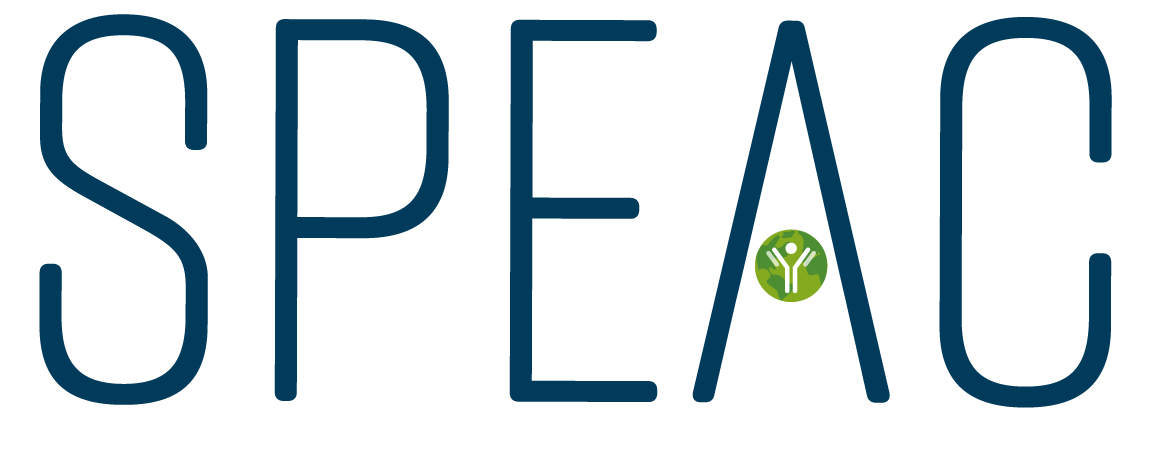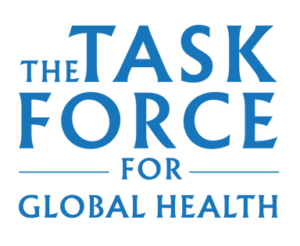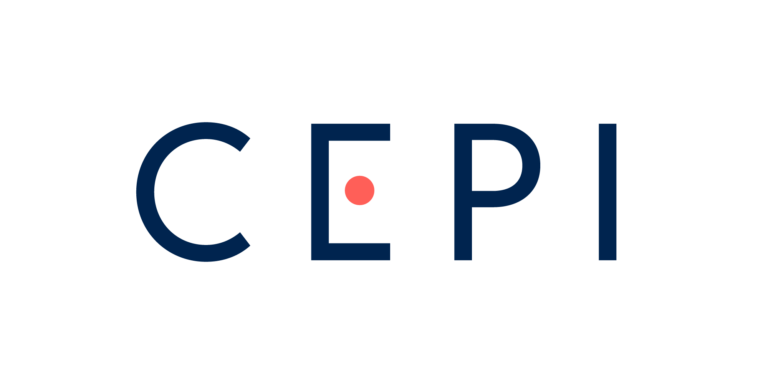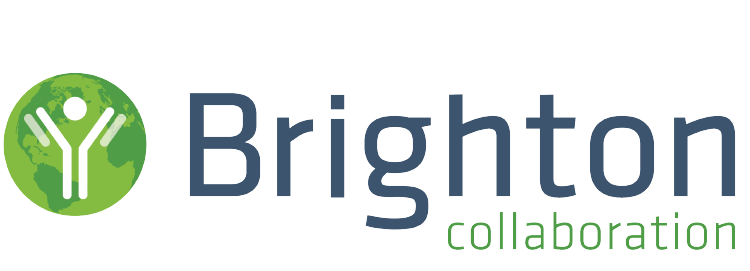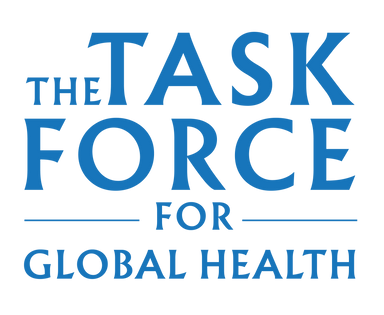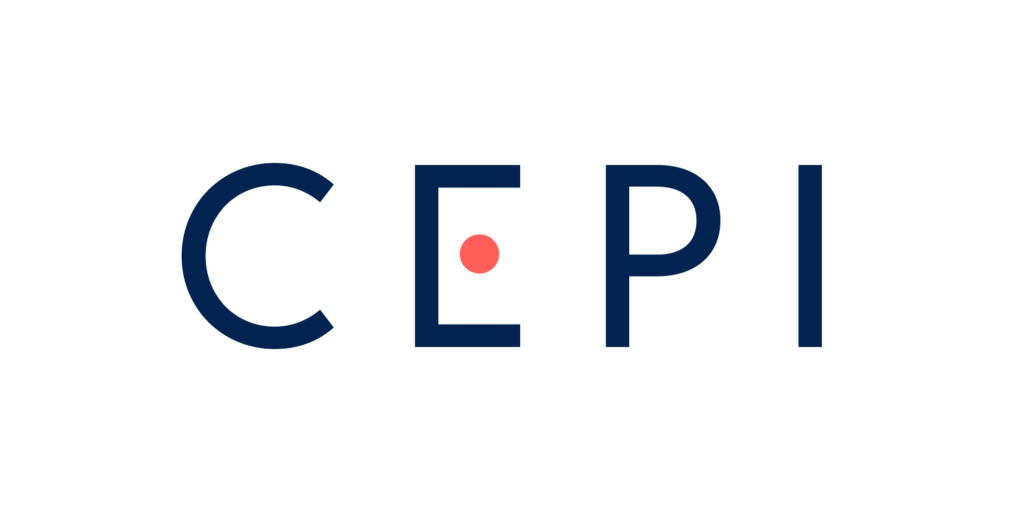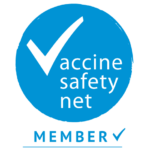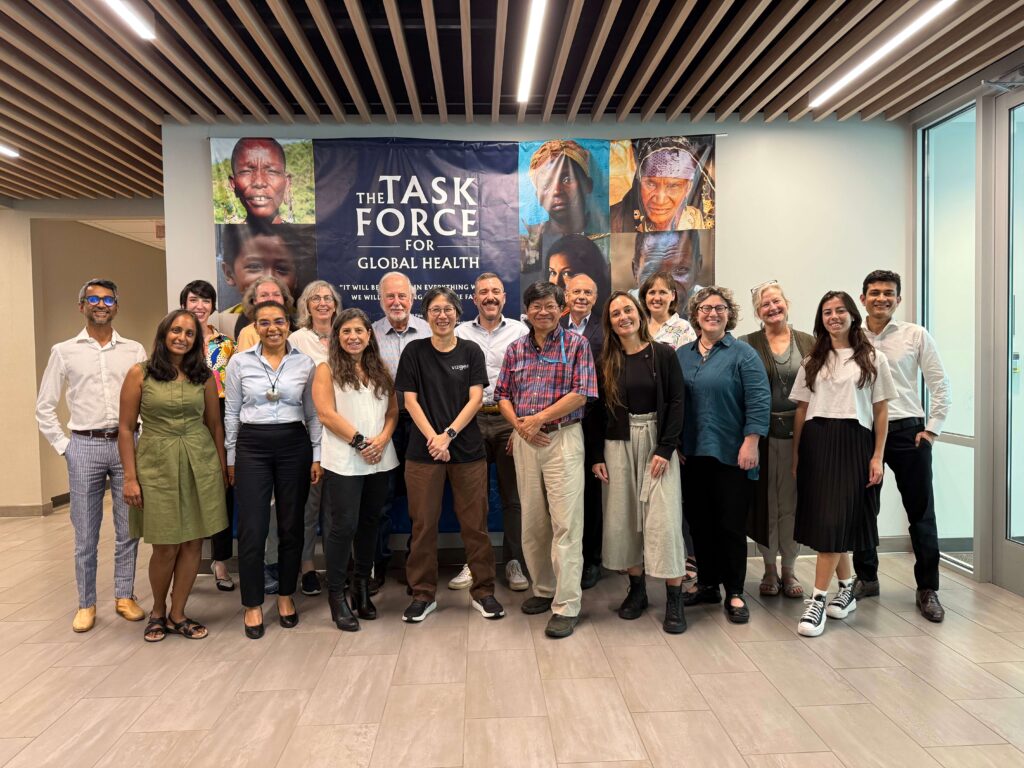
Earlier this month, members of the Brighton Collaboration’s Safety Platform for Emergency vACcines (SPEAC) Executive Board and Work Package leads convened in person at the Task Force for Global Health in Decatur, Georgia, for three days of strategic discussions and planning.
The meeting brought together leaders from across SPEAC workstreams to align priorities, share progress, and identify new opportunities to strengthen the reach and implementation of SPEAC 2.0.
These sessions underscored the Brighton Collaboration and CEPI’s shared commitment to advancing vaccine safety science and preparedness through coordinated, evidence-based approaches that improve readiness for emerging infectious disease threats.
Day 1: Enhancing Uptake and Communication
The meeting on the first day was internal to the SPEAC Executive Board and opened with a focus on improving uptake and visibility of SPEAC tools and resources—including case definitions, companion guides, AESI lists, and training materials developed to support CEPI-funded projects and global partners.
Work Package leads shared strategies to engage diverse stakeholder groups, ensuring that SPEAC outputs are widely used and consistently applied across vaccine development and implementation efforts.
The group also refined SPEAC’s communication strategy, focusing on improving accessibility and visibility through enhanced web content, clearer messaging, and expanded dissemination via CEPI Safety Intelligence and other digital platforms.
Day 2: Advancing Training and Implementation
The second day opened with a landscaping overview by Dr. Robert Chen, setting the stage for discussions on how SPEAC’s work supports all viral families targeted by CEPI-funded vaccine developers. This framework helped contextualize SPEAC’s contributions across scientific and operational areas and guided subsequent exchanges with CEPI.
Building on this foundation, CEPI presented updates on SPEAC’s safety tools, services, and implementation progress in support of its 100-Day Mission—to make vaccines available rapidly in the event of epidemics. Together, the group reviewed progress, identified gaps, and prioritized future work under SPEAC 2.0 and beyond. CEPI also provided updates on its pharmacovigilance and safety strategy, outlining evolving objectives for vaccine safety oversight.
Training remained a central theme throughout the day. Discussions focused on aligning SPEAC’s training plan with CEPI’s priorities and global partner needs—integrating new learning modules, live sessions, and tailored materials to strengthen vaccine safety capacity worldwide. Participants also explored new use cases for SPEAC tools across different viral families, geographic regions, and implementation settings, and identified opportunities to better connect training efforts with other workstreams to ensure consistency across SPEAC’s scientific tools, templates, and guidance documents.
Day 3: Expanding Use Cases and Global Reach
The final day focused on future applications of the Brighton Collaboration’s Benefit-Risk Assessment module, and implementation of the CEPI-SPEAC digital toolkits in the Vaccine Safety Intelligence platform. Discussions emphasized expanding collaborations beyond Africa and identifying ways SPEAC can contribute to CEPI’s 100-Day Mission through earlier integration of safety planning in outbreak preparedness.
The sessions helped clarify next steps for ongoing partnerships and identified opportunities to strengthen linkages with implementing partners and technical collaborators around the world.
Moving Forward
The in-person meeting reaffirmed Brighton Collaboration’s and CEPI’s shared vision for the SPEAC project: to enhance global vaccine safety through coordinated, science-driven collaboration supporting CEPI-funded vaccine development. By coming together face-to-face, the team strengthened its collective focus on advancing the goals of SPEAC 2.0—expanding reach, refining tools, and accelerating readiness for emerging infectious disease threats.
This meeting also provided a meaningful opportunity to spend time with Dr. Steve Black, SPEAC’s DSMB Support and Meta-DSMB Co-Lead, and celebrate his long-standing leadership and contributions to vaccine safety, and the SPEAC project. Dr. Black will be transitioning to retirement from the SPEAC project at the end of the year, and the team expressed deep appreciation for his expertise, mentorship, and enduring impact on SPEAC’s mission.
“Bringing the team together in person always renews our sense of purpose. SPEAC 2.0 is about deepening collaboration across partners and workstreams, and these discussions reminded us how much progress we can make when we’re in the same room tackling shared goals.”
— Dr. Robert Chen, SPEAC Project Lead
